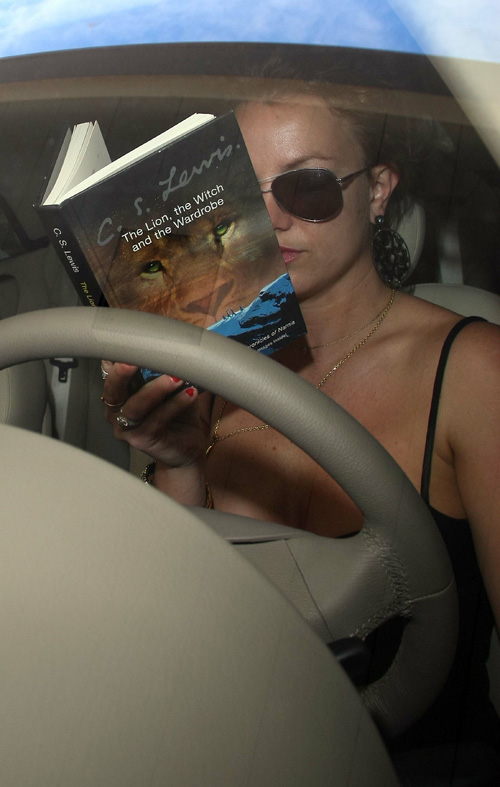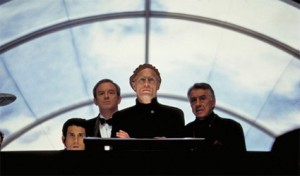#LINDSAYSNEXTCHAPTER (/& EXTREME EXTREME TRANSFERENCE)
RUMORS
In a 2010 Grace Kelly inspired front-cover profile of Lohan for Vanity Fair, the Nancy Jo Sales we know and love states: “Lindsay looked a little raw. And yet shining through her worry and stress and whatever else was currently affecting her mood was her all-American beauty, finer and more delicate in person than in pictures. She still looked like a movie star. She smelled of cigarettes and exotic perfume.”
A very embarrassing thing I have fully embraced about myself is that my brain holds too much information about Lindsay Lohan. In a hypothetical quiz where I was presented with a random photo of the actress, I would swiftly be able to easily identify what specific era it is derived from, as well as extensive details that to someone unfamiliar with her saga would seem chimerical. When names like Patrick Aufdenkamp become familiar, I begin to wonder why I care so much. There is an element of irony in my admiration, but there is no doubt I do hold a positive stance about the starlett.
Tabloids and gossip magazines often report the behaviors of young stars. A large segment of the tabloids focus on those who act entitled and expect special treatment due to their fame. The inquiry ‘Don’t you know who I am?‘ is most frequently perceived as pompous, but maybe it should also be interpreted as the absolute cry for help. The person posing such a self-important question is so unaware of his/her reality that s/he needs others to remind him/her of it. The worth or lack of worth ultimately appears to fully depend on the recognizability of the individual.
TRUTHS
In “The Schema of Mass Culture,” Adorno argues that the commodification of the cultural industry ceases its distinction from pragmatic life: “On all sides the borderline between culture and empirical reality becomes more and more indistinct.” Consequently, the individuals who find themselves in the culture industry confront the loss of their private reality, especially when their public presence is one in which they are investing in to develop a personal brand. As the person becomes the product, the risk of losing a part of their previously held individuality becomes grave: the personality features that are expected to generate more profit will comprise the new “person,” more representative of the brand/ product.
REDEMPTION TWO: BETTER THAN EVER OR BETTER OFF DEAD?
In this mini-series the saga of redemption, as frequently manifested in the form of “comebacks,” is investigated. REDEMPTION ONE is here.
In honor of Lindsay Lohan’s birthday, REDEMPTION TWO arrives early.
II. EMPIRICAL EVIDENCE
a. Better Than Ever: Two Cases of Successful Redemption
ANTHONY WEINER
If anyone successfully gave more than enough of himself to the public, it was Anthony Weiner. With explicit twitpics some of us never saw and some of you will never forget, the former congressman’s actions led to a shameful resignation following the virtual “unfaithfulness” to his spouse, Huma Abedin[1]. Weiner did not code the public humiliation of his private life as the ending of his career. On the contrary, he interpreted, and continuously interprets, his public mistake as an opportunity for future growth and greater strength.
The married lives of politicians have always been crucial foundations to their public perception. An extensive cover interview for NYT Magazine in April depicted Weiner and Abedin’s marriage as a normal one, still recognizing the vast impact of the incident on their marriage. Particularly, the demise of the power-couple as it was in quest of a private truth–whether Weiner’s account was hacked–became the first step to achieve a private, family-based redemption. After returning to trust privately, the next challenge for the couple became reaching the redemption that would mark its return to political respectability and place Weiner’s wrongdoings in the past.
Following the scandal, Weiner’s course of action has primarily worked to his advantage, at least according to the press. He asserted that the reason he initially lied was to avoid telling Huma. Once the lie was undeniable, he owned up to his mistake by attributing it to an obscure, but under no circumstances unrealistic, cybersex habit. The fact that he did not realize the sexual acts in question, but constrained himself to the imaginary, undoubtedly ameliorated the position he found himself in following the event. READ MORE >
New Business Model: Celeb Lit

Actual photo evidence of B. Spears reading
What if instead of celebrities paying to have shitty biographies ghostwritten for them, they published good progressive/fucked ghostwritten novels? ‘White Larvae of the Ill Nacht’ by Tom Hanks. ‘Borsmissisott’ by Lil Wayne. I’d read a Lindsay Lohan novel if it was written by Brian Evenson, and so would several hundred thousand little girls. That seems like a ‘new literary business model’ I could get behind, one that would actually make some serious $$$. Now offering my recently competed 70000 word ‘post-structuralist language novel’ to the first rock star/model/actor willing to take it on. I’m serious.
Lindsay Lohan’s nth circle of hell

Mark Baumer pointed me towards this interesting post on the FSG blog in which Kevin Guilfoile selects Lindsay Lohan’s scrambled ad-libbed rants, and with a quick line break, proposes unlikely poetry authored by her. He compares these ‘collaborative’ poems (see related Rumsfeld poetry post) with Lohan’s lyrics, easily establishing the former’s more literary sensibilities — which gets me thinking: the inadvertent tongue, coked out or not, is often closer to one’s truth. The much inferior ‘utilitarian’ song lyric of hers may implicate how sometimes intent (commercial, aesthetic, whatever) in writing has nothing to do with it.
Of course, stream of consciousness is an old bag and Burroughs an old man. I’m not saying ‘let’s go crazy’ yada yada (dada dada?) I’m just saying there’s a lesson here — stop making sense (the name of this reference is the talking heads). Or,
The Burn Books of Hollywood
By Lindsay Lohan
Oh my God,
I’m not working,
And I have a house
To pay for now. And yes,
The web sites,
The gossip pages,
And all of that stuff
Have hurt my career—
They’re like the
Burn books of Hollywood.



